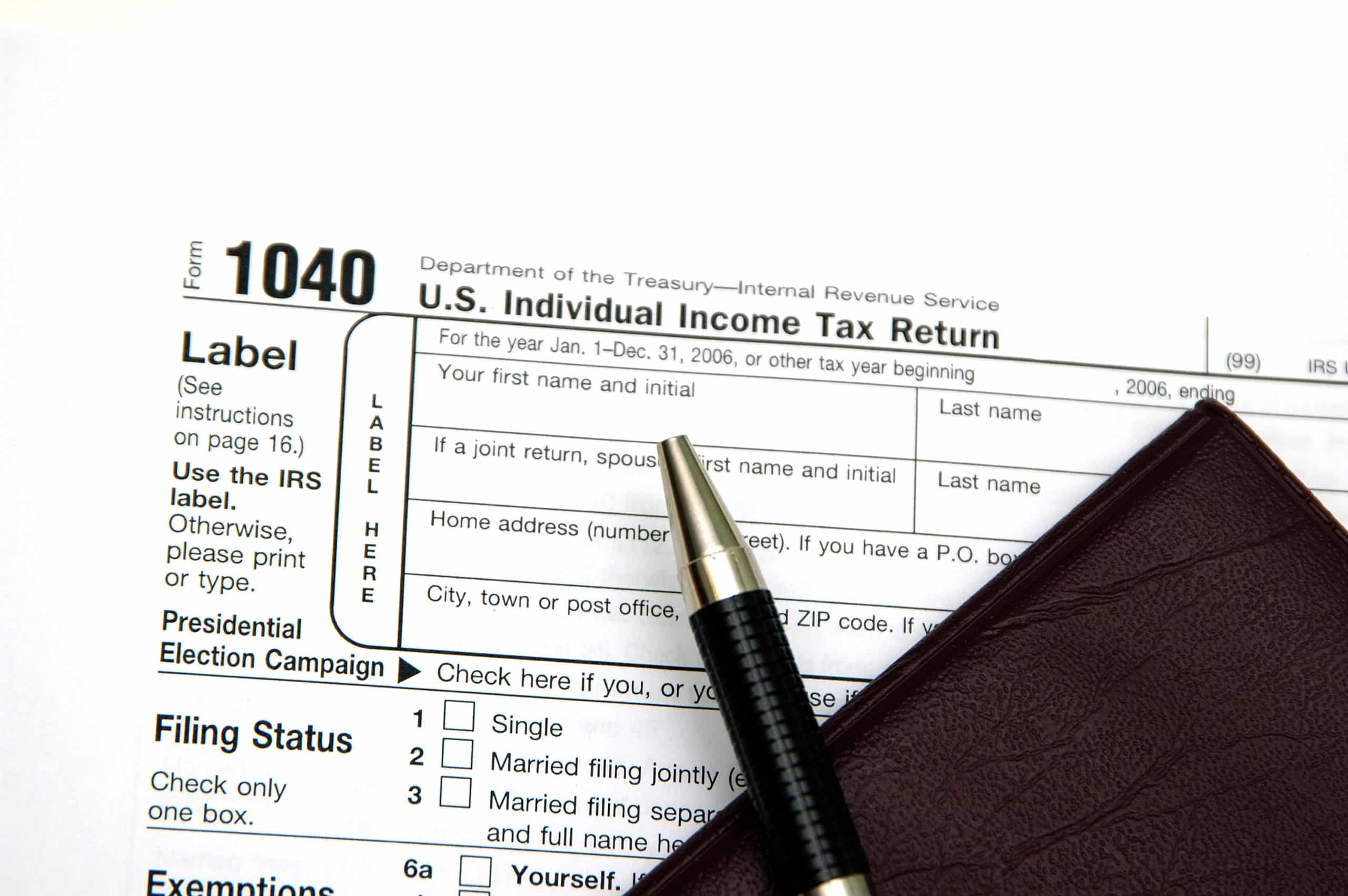Is income from personal injury settlements taxable like other standard income? Many people who have received settlements from a personal injury case wonder if they have to pay taxes on the money they received. The bottom line is that sometimes settlement payments are taxable, and sometimes they are not. Yes, it can become complicated quickly. This guide briefly goes over some processes outlined by the tax code. You should always seek the help of a tax professional or financial advisor, especially with large settlements.
Settlements Are Often Complex Payments
When you receive a settlement payment the lump sum comprises several types of payments. For example, if your settlement is $10 Million, you might be receiving $2 million for your injury, $5 million for loss of future earnings, and $3 million for pain and suffering, legal fees, and past medical expenses. So, while you are receiving $10 Million it is not a one lump payment. It is several payments that represent several types of settlements. The different types of settlements may have different rules for taxation, which can be tricky.
Personal Injury Payouts
For the most part, money received from a personal injury is not taxed. However, exceptions do occur. Most of those exceptions have to do with how you have filed taxes in the past. For example, if you claimed medical payments as a tax deduction in the year after your accident, then tax law indicates you would be taxed for that particular settlement amount. The idea is that you cannot have a tax deduction twice. If you claimed medical expenses as a tax deduction on one tax filing and did not pay taxes on the money you received to cover those expenses the next year, you would be “double-dipping”, or receiving a tax break twice on the same money.
Additionally, a legal settlement may complicate matters if you are receiving Social Security Disability (SSD) benefits. If you receive SSD benefits, you should contact an expert to advise you on how personal injury compensation might affect your benefits.
Mental Health Injuries and Anguish
If part of your settlement includes monies for mental health injuries and anguish that portion of your settlement would not be taxable unless you claimed some medical expense on your taxes to help overcome the stress, or anxiety caused by your injury.
Lost Wage
Money received in a settlement for lost wages, including back pay, is taxable. If you are no longer employed at that job, the job should pay the employer portion of taxation on your back pay, front pay, or lost wages. The taxation would also include those taxes for Social Security and Medicare Tax and may also be taxed at a higher rate for individuals who are self-employed.
Contact The Jaklitsch Law Group For Any Personal Injury Related Questions
Case settlements in Maryland occur in many forms. You might receive a settlement due to loss of work, injuries sustained in a car accident, or mental anguish, after a medical misdiagnosis. How the tax laws impact those types of settlements varies. If you have a large personal injury payout or a large payout for another type of settlement, you should consult with a lawyer and experienced tax professional who can help you save money on future taxes.
If you have a personal injury or employment case such as wrongful termination or discrimination, call The Jaklitsch Law Group at (855) BigDog1 for comprehensive legal services.

